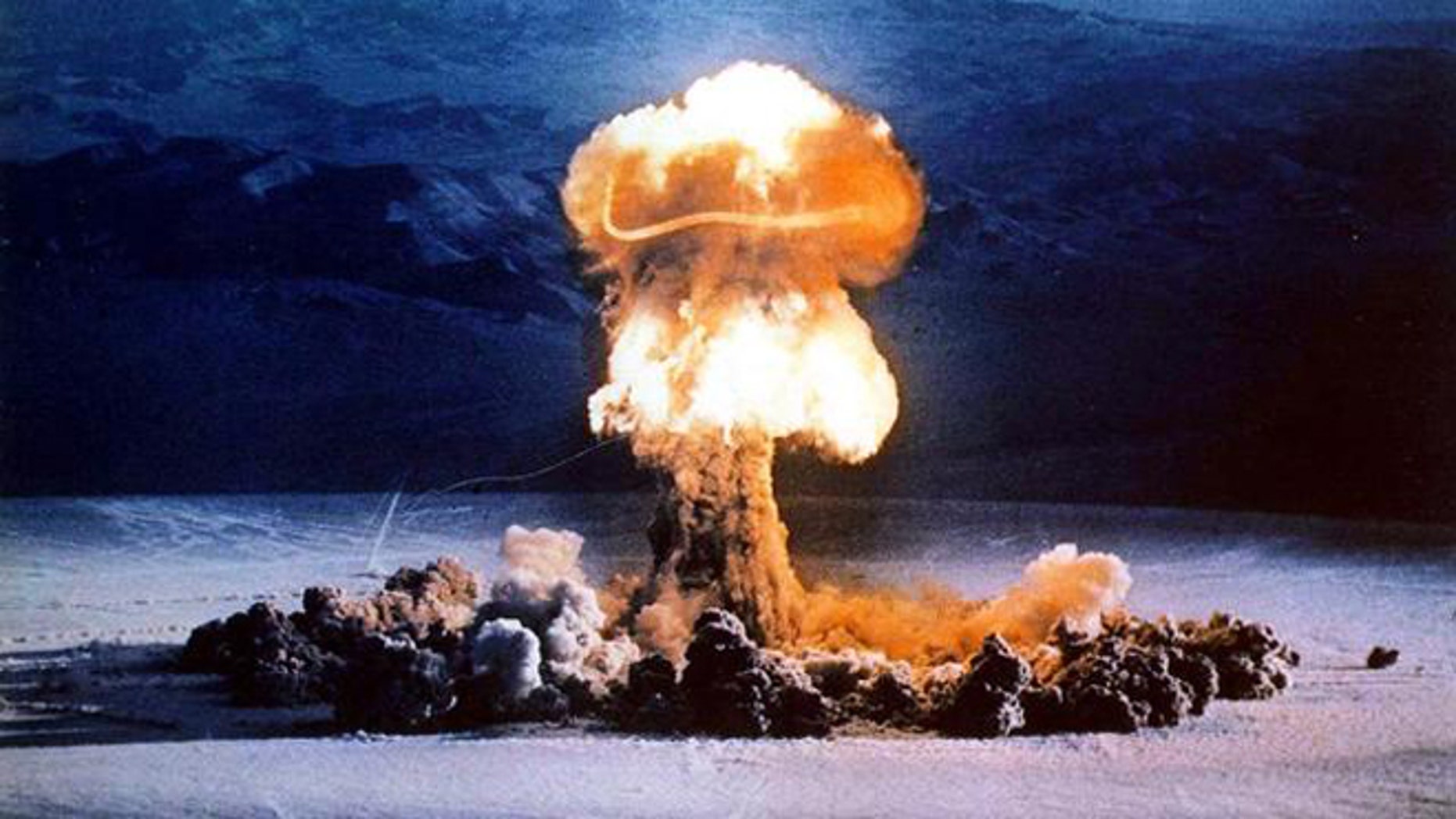

Nothing can prepare a population for that. In the long term, if enough of the world's stock of nuclear weapons were deployed, it would trigger a nuclear winter that would likely lead to global famine. If a single weapon was launched at the US, residents would have roughly 30 minutes, or less, to find shelter, assuming they were immediately warned of the attack. People would be exposed to radioactive fallout. Truman and his advisors now were not sure they wanted this help. bomb, but may not be immediately recognized as a radiological incident until the radioactive material is detected or the health effects of radiation. Fermi and his group had successfully transformed scientific theory into technological reality. Finally, at 3:25 p.m., Chicago time, the nuclear reaction became self-sustaining. The nuclear age had truly begun with the first military use of atomic weapons. rods to be withdrawn a few inches at a time during the next several hours. Emergency services would struggle to support survivors in the immediate vicinity of the blast. The Soviet leader, Joseph Stalin, had promised to join the war against Japan by August 15th. Seventy years ago this month, the United States dropped atomic bombs on Hiroshima and Nagasaki, the Soviet Union declared war on Japan, and the Japanese government surrendered to the United States and its allies.

People up to 53 miles away could experience temporary blindness.įires would tear through the wreckage.

Anyone up to a few miles away would suffer third-degree burns. The initial impact would likely instantly kill tens of thousands if the device were to hit a highly built-up area. Kennedy informed the world that the Soviet Union was building secret missile bases. The bomb would set off a flash of light, a giant orange fireball, and building-toppling shockwaves. On October 22, 1962, after reviewing photographic evidence, President John F. A very large 500 kiloton blast, 2.2 miles away, will arrive about 8 seconds after the detonation flash with a very strong three second wind blast. It's important not to minimize the risk: in the event that a nuclear bomb were to hit the US, people close enough to the impact would likely die, regardless of how they prepared. Even in the open, just laying flat, reduces by eight fold the odds of being hit by any debris. A warning: If the nuke hits close by, there is nothing you can do.


 0 kommentar(er)
0 kommentar(er)
